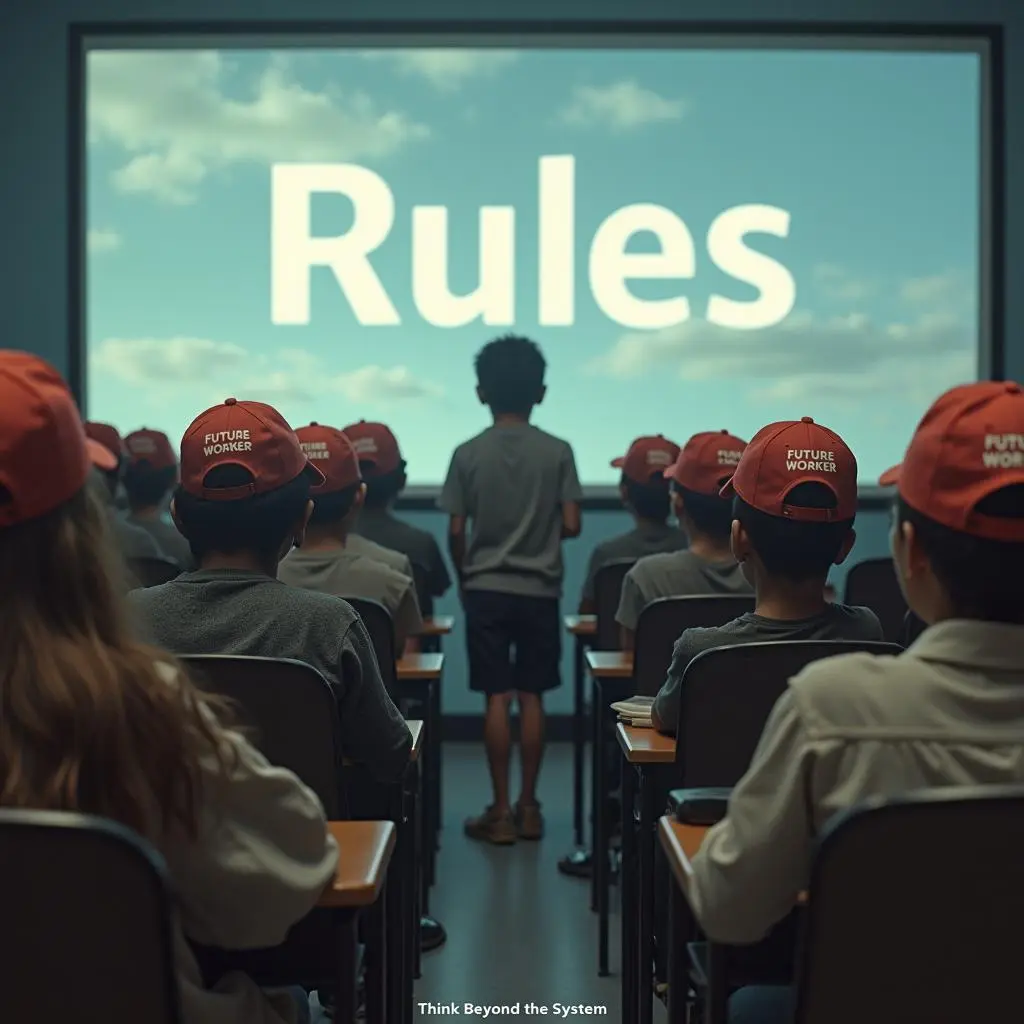How the System Shapes Young Minds to Serve Itself

From an early age, children are introduced to societal norms and expectations that are carefully designed to maintain the existing system. Schools, media, and even family dynamics often unintentionally serve as tools to instill conformity and obedience. Instead of fostering critical thinking and individuality, these structures subtly shape young minds to accept and perpetuate the status quo.
One of the most pervasive influences is the education system. With curriculums focused on standardized testing and strict hierarchies, students are taught to value compliance over creativity. They are encouraged to memorize facts rather than question them, creating a workforce that prioritizes efficiency over innovation. This approach ensures that future generations fit seamlessly into the system, supporting its continuation rather than challenging its flaws.
Media plays a complementary role by reinforcing societal ideals. From entertainment to news, young audiences are exposed to narratives that promote consumerism, patriotism, and a limited worldview. These stories often discourage dissent and present systemic issues as natural or inevitable, making it difficult for young minds to envision alternatives.
To break this cycle, education and media must be reimagined to empower rather than control. Schools should emphasize critical thinking, creativity, and collaboration, encouraging students to explore diverse perspectives. Similarly, media should present balanced narratives that highlight systemic issues and inspire solutions. Parents and communities also have a responsibility to foster open dialogue and nurture independent thought.
The future depends on young people who can think critically and act courageously. By challenging the ways the system shapes young minds, we can create a society where individuals are not just participants in the status quo but active agents of change. Only then can we ensure that the next generation is equipped to build a more just and equitable world.
The future depends on young people who can think critically and act courageously. By challenging the ways the system shapes young minds, we can create a society where individuals are not just participants in the status quo but active agents of change. Only then can we ensure that the next generation is equipped to build a more just and equitable world.
